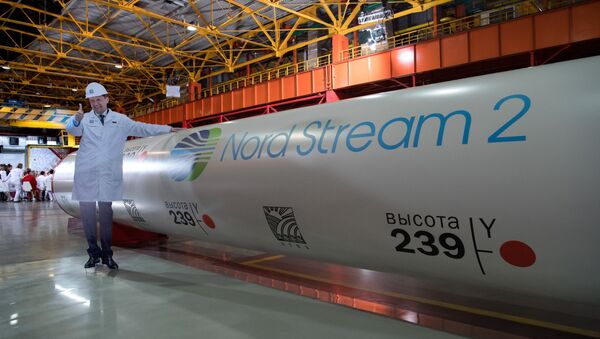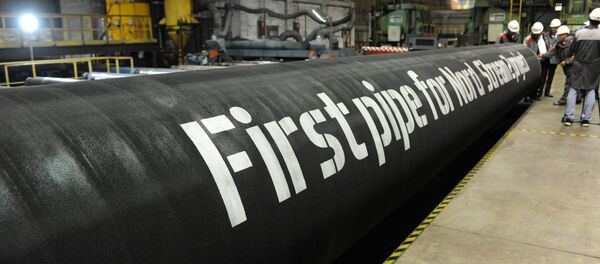"With the help of additional capacities the pipeline will keep energy prices stable throughout the European Union, and will help maintain the EU economy competitive," the statement read.
According to the committee's chairman Michael Harms, Nord Stream 2 will help cover about 50 billion cubic meters of gas supplies necessary amid dropping gas output in the Netherlands.
"In the recent months, we have faced a fast drop of gas production in the Netherlands. That is why we will have to increase gas imports to the European Union by 80-100 billion cubic meters per year. Nord Stream 2 will help cover about 50 billion cubic meters of that," Harms was quoted as saying in the statement.
READ MORE: Gazprom Expects No Rise in Nord Stream 2 Costs If Not Authorized by Denmark
The project has been welcomed by some European countries, such as Germany and Austria, and criticized by others, predominantly Eastern European states.



